As a hybrid car owner, you probably know that one of the most important components of your vehicle’s safety is its brakes. But do hybrid brakes last longer than those on traditional cars? Understanding hybrid brake maintenance is essential to keep your vehicle in optimal condition and ensure your safety on the road. In this blog post, we’ll explore the lifespan of hybrid brakes, the signs of worn-out brakes, and best practices for maintaining them. Keep reading to find out everything you need to know about hybrid brakes and how to make them last longer.
How Hybrid Brakes Differ from Conventional Brakes
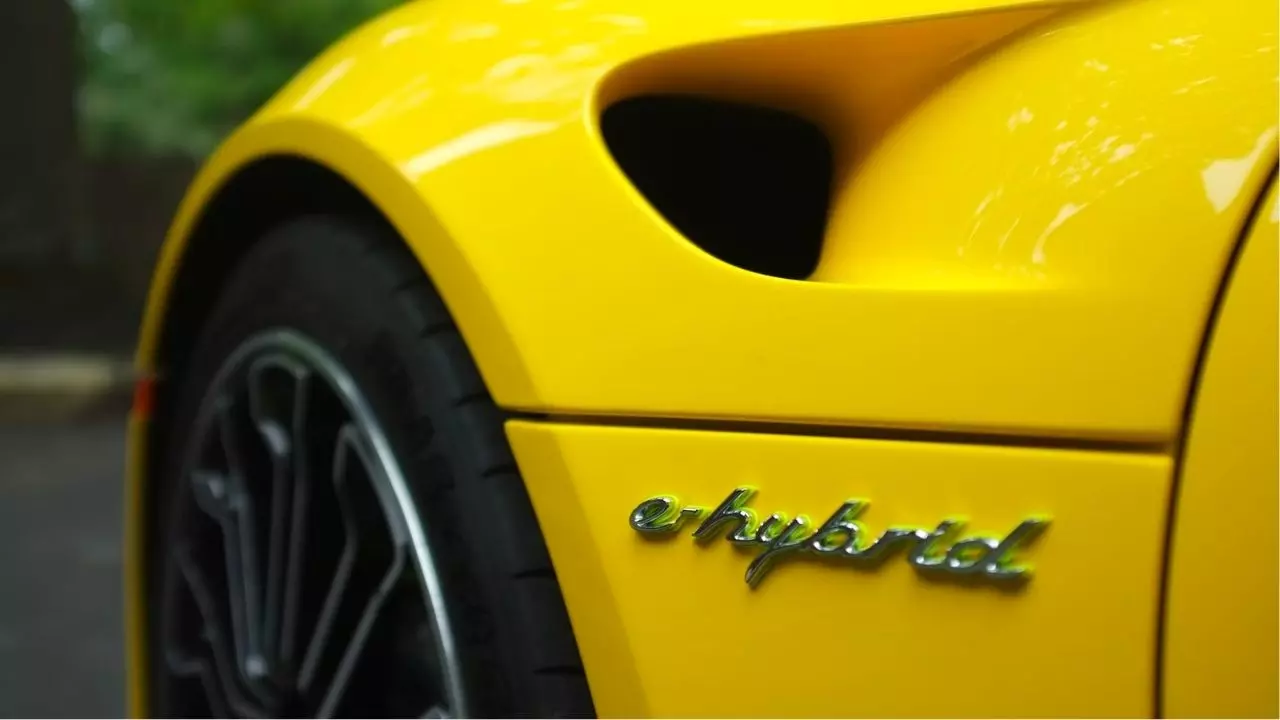
Hybrid brakes operate differently than conventional brakes. Instead of relying solely on friction to slow down the car, hybrid brakes use regenerative braking to capture and transfer the kinetic energy from the wheels to the car’s battery. This allows the braking system to waste less energy compared to friction braking.
Regenerative brakes utilize electric motors as opposed to mechanical brakes used in conventional vehicles. When a driver applies the brake pedal, the generator acts as a load on the wheels, converting the kinetic energy into electrical energy that can be stored in the car’s battery. The regenerative brake cannot bring the vehicle to a complete stop and is used in conjunction with traditional friction brakes.
One of the significant benefits of hybrid brakes is that they offer improved range and reduced brake wear. Regenerative brakes capture and recover energy that would otherwise be lost, providing additional driving range to hybrid and electric cars. Additionally, since regenerative braking requires less use of friction brakes, the wear and tear on the brake pads, rotors, and shoes are reduced, resulting in fewer trips to the service center for maintenance.
However, regenerative brakes do take some getting used to and may feel jarring to drivers. Additionally, they are less reliable at high speeds and are not as effective in emergencies when a car needs to come to a complete stop quickly. Furthermore, regenerative braking in low-speed city driving doesn’t generate enough energy to make a significant impact on the car’s range, and the benefit is low.
The Lifespan of Hybrid Brakes: What You Need to Know
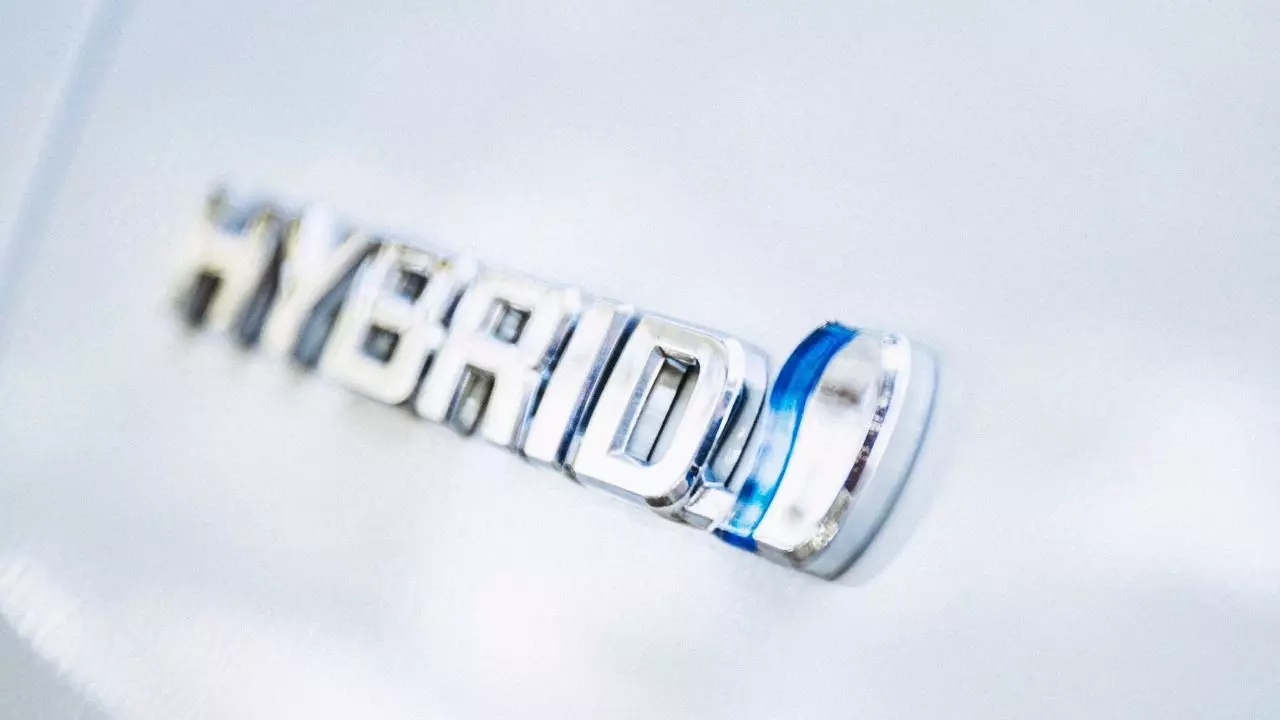
Hybrid cars use regenerative braking, which helps to absorb the energy of the car and allows the brake pads to wear down more slowly than in standard cars. The brakes on hybrid vehicles can last between 50,000 and 100,000 miles, which is significantly longer than brakes on nonhybrid cars. However, the lifetime of brakes may vary depending on the vehicle type and hybrid model.
The driving habits of the driver can also affect the lifespan of the brakes. For example, frequently riding the brakes or slamming on them too hard can decrease their lifespan. Similarly, driving in areas with heavy stop-and-go traffic that requires frequent stopping can also wear the brakes down faster.
It is important to keep up with regular maintenance of your brakes, which can be found in your vehicle’s owner’s manual. Visually inspecting your brake pads and looking for warning signs, such as a brake warning light, vibrations, or unusual sounds, can help determine if it’s time to replace them.
Despite regenerative braking, there are still considerations that will cause electric or hybrid vehicles to require new brake pads. For example, the brake pad adhesive can become less reliable after five years, which may lead to safety hazards. Additionally, brake pads are made of materials with a limited lifespan, such as rubber and metals, and will eventually wear down and need to be replaced.
To keep your hybrid car brakes in good condition, it is recommended to follow best practices for maintenance and avoid habits that can wear down the brakes. Regular maintenance and prompt replacement of worn-out brake pads can help prevent damage or even accidents. While the initial investment in a hybrid vehicle may come with a higher price tag, it can reduce the required brake maintenance and help you save on the cost of parts and service.
The Cost of Hybrid Brake Replacement and How to Save Money
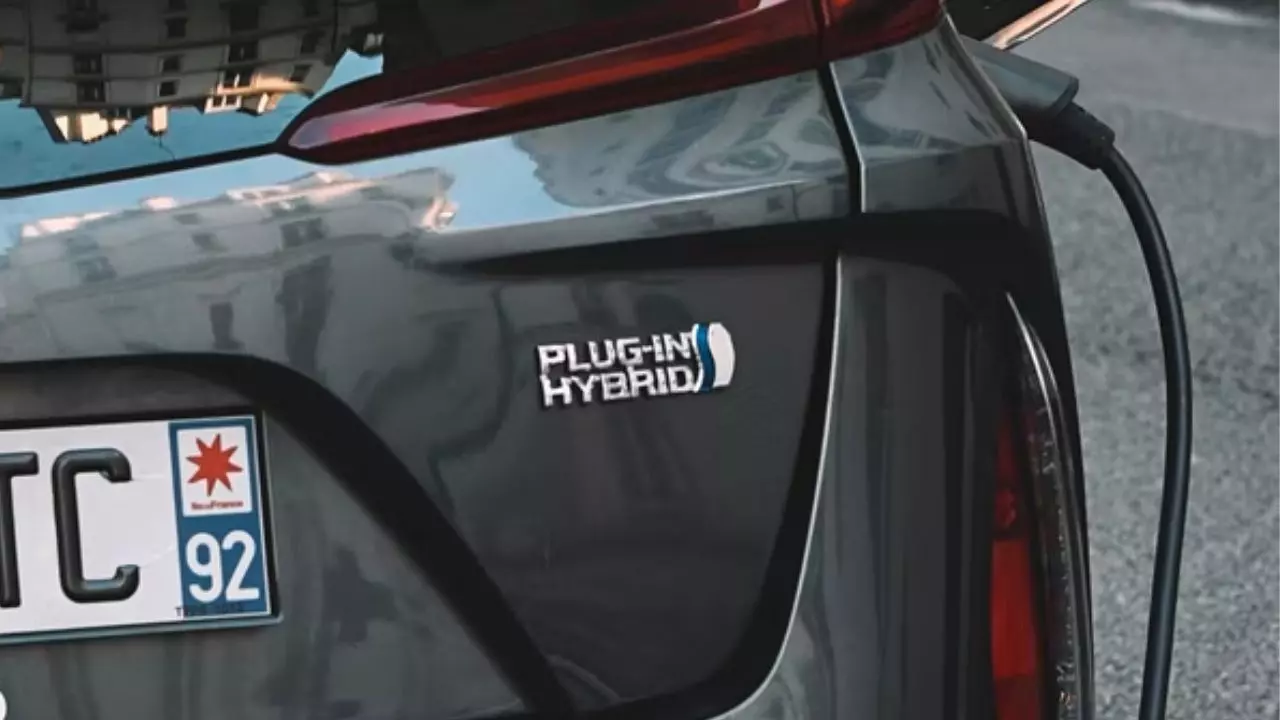
Hybrid vehicles are considered to be more fuel-efficient and eco-friendly, and their brakes are no exception. But when it comes to the maintenance and replacement of hybrid brakes, there are several things to consider. One of the main questions that arise is whether hybrid brakes last longer than traditional brakes. While it is true that the regenerative braking system of a hybrid car can extend the life of the brake pads, it ultimately depends on the driving habits and environmental conditions.
According to most brake pad companies and mechanics, high-quality brake pads should last anywhere between up to 100,000 miles. However, some may need replacement every 25,000 miles, while others can last far longer than 100,000 miles. It is important to note that outside of brake pads, brake rotors and calipers, which are more expensive and often more complicated to replace than pads, have varying life cycles. Simply servicing your brake fluid by regularly flushing can extend the life of calipers by preventing corrosion from within the system. Brake rotors should either be “turned” or machined flat on a brake lathe, or replaced with a new rotor.
To determine how often your hybrid brakes need to be replaced, factors such as environment, driving habits, and materials should be considered. Stop-and-go driving, such as the type of driving people experience in cities, can drastically shorten the lifespan of a vehicle’s braking system. So too can mountainous environments where drivers have to ride the brakes to control downhill speeds. Drivers who ride the brakes or routinely stop abruptly risk wearing out their brakes prematurely. Those who are in the habit of stopping gradually may enjoy a longer brake lifespan. Brake pads, rotors, and calipers are all made of different materials, each of which affects durability. For instance, high-carbon based “severe duty” pads can last longer than standard semi-metallic material. However, because they’re more durable, they often cost much more than their counterparts.
When it comes to the cost of hybrid brake replacement, it can vary depending on the make and model of the hybrid vehicle. In general, hybrid brake replacement can cost between $500 to $1,000 for the front or rear brakes. Since hybrid cars use a regenerative braking system that reduces the need for friction brakes, the frequency of brake replacement may be less compared to traditional cars. Nevertheless, it is important to keep an eye out for signs of worn-out hybrid brakes, such as a squeaking or grinding noise when braking, a vibrating brake pedal, or longer stopping distance. If any of these symptoms are noticed, it is recommended to get the brakes checked and replaced by a qualified mechanic.
To save money on hybrid brake replacement, it is advisable to invest in high-quality brake pads that will last longer and require less frequent replacement. Furthermore, following best practices for hybrid brake maintenance, such as avoiding sudden stops and maintaining the proper tire pressure, can help extend the life of the brakes. Regularly flushing the brake fluid can also prevent corrosion from within the system and prolong the life of the calipers. Finally, getting quotes from different mechanics and comparing prices can help save money on hybrid brake replacement.
Best Practices for Hybrid Brake Maintenance to Prolong Lifespan
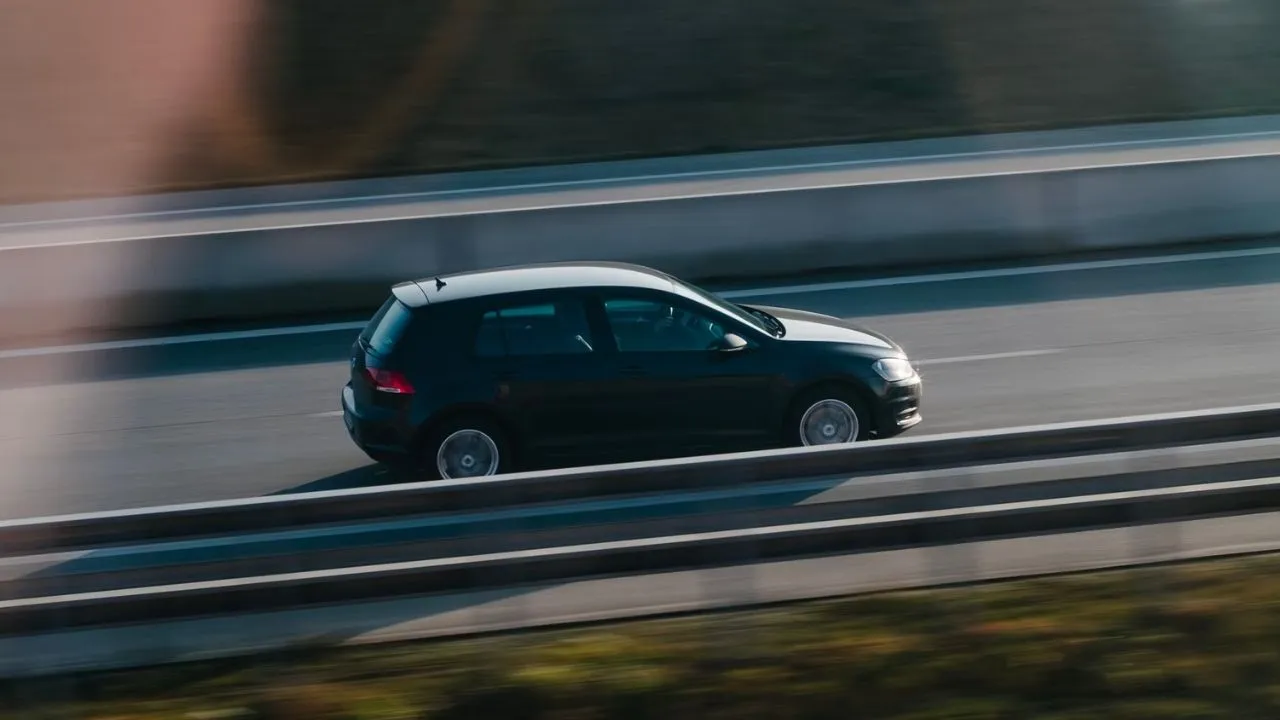
Hybrid vehicles are becoming increasingly popular due to their fuel efficiency and eco-friendliness. As with any vehicle, proper maintenance of hybrid brakes is crucial to ensure a long lifespan and optimal performance. In this section, we will discuss the best practices for hybrid brake maintenance that can help you extend the life of your brakes. The lifespan of hybrid brakes may vary depending on the vehicle type and hybrid model. Typically, brakes on hybrid vehicles may last between 50,000 and 100,000 miles. However, driving habits, environment, and other factors can affect the lifespan of your brakes.
Hybrid brakes work the same way as traditional brakes. The main difference is that hybrid vehicles use regenerative braking, which captures energy from the wheels to charge the battery. This means that hybrid brakes may experience less wear and tear than traditional brakes. Maintaining your hybrid brakes is crucial to ensure their longevity. Here are some best practices for hybrid brake maintenance:
- Always use the brake pads and rotors recommended for your hybrid vehicle. Using genuine parts specifically designed and tested to work with your vehicle is even better. This helps support the optimal performance of your vehicle and prolongs the lifespan of your brakes.
- Visual inspection of your brake pads and rotors often can help identify any signs of wear and tear. Look at the thickness of your brake pads and examine your brake rotors for any grooves or scores in their otherwise smooth surface. If you notice these visual cues of wear and tear or hear any troubling sounds when braking, schedule professional service.
- Brake fluid plays a crucial role in preventing corrosion and rust on various parts of your brakes. Choose a hybrid-specific brake fluid and refer to your owner’s manual for further instructions. Fill your brake fluid reservoir with the recommended amount, and refill or replace brake fluid per factory recommendations.
- It’s essential to know when to replace your hybrid brakes. Here are some signs that your hybrid brakes may need to be replaced:
- Squealing or grinding noise when braking
- Reduced brake responsiveness
- Longer braking distances
- Vibrations when braking
The frequency of brake replacement may vary depending on the driving habits and environment. It’s essential to follow the recommended maintenance schedule in your owner’s manual and perform regular inspections to identify any signs of wear and tear.
Signs Your Hybrid Brakes Need Attention or Replacement
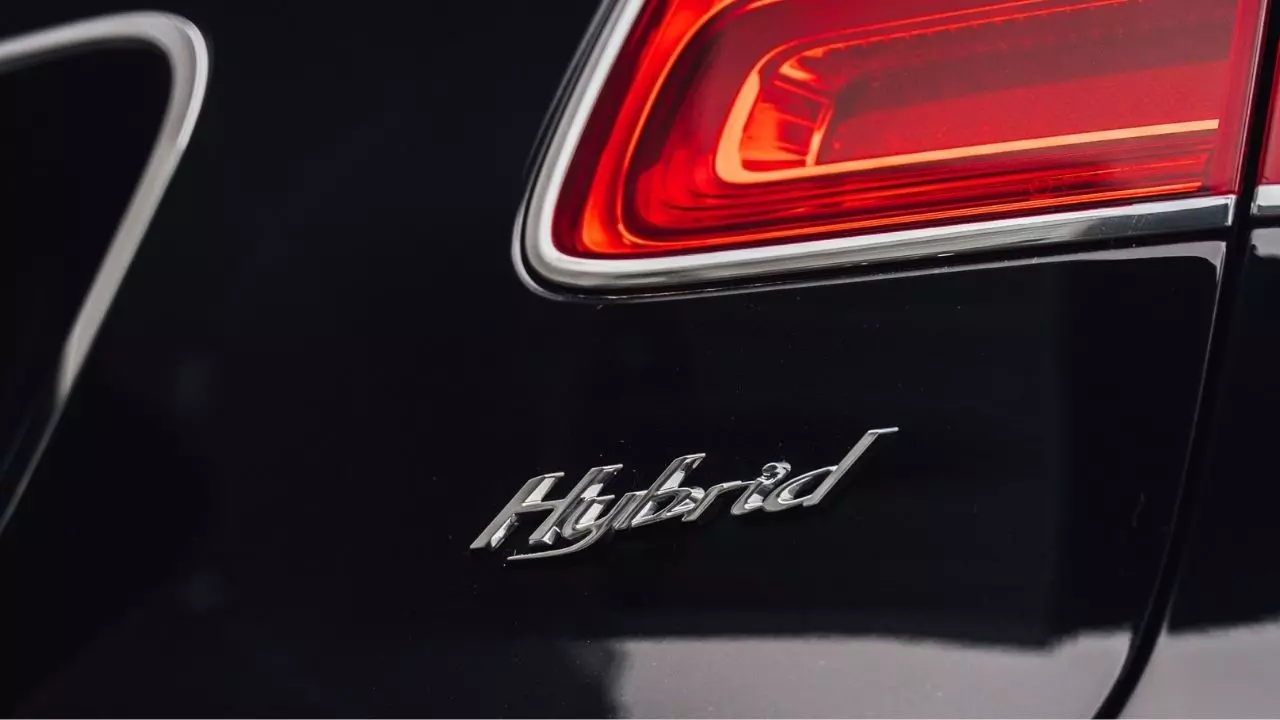
Hybrid brakes can last longer than traditional brakes due to the regenerative braking system that recovers energy from the braking process. However, like any other brake system, they still need proper maintenance and occasional replacement. Here are some signs that your hybrid brakes may need attention or replacement:
- Loss of Performance: If you experience a loss of performance when applying the brakes, there may be a leak in the braking system that needs to be checked out.
- Car Pulling to One Side: If your car pulls to one side while braking, it could be due to uneven brake lining wear or foreign matter in the brake fluid. Your car may need a brake adjustment or brake fluid replacement.
- Squealing Noise: Most brake pads have a wear indicator made of metal that makes a squealing noise when it contacts the brake disc. Leaving it can cause damage to the brake disc, resulting in the need to replace both the pads and discs.
- Tracking Issues: Your car should track straight and true when you brake. If not, it could be due to a sticking brake caliper or unevenly worn brakes on one side.
- Reduced Responsiveness: If your brake pedal sinks to the floor or your brakes are not as responsive as usual, it may be due to an air or fluid leak in the braking system. Look for a small puddle of fluid under your car to determine if it’s a fluid leak.
- Vibration: If you feel a vibration when applying the brakes, it may be due to warped brake discs or brake pad deposits stuck on the disc, causing an uneven contact surface.
- Grinding or Growling Noise: If you hear a loud, metal-on-metal sound when stopping your car, it may mean that your brake pads have been completely worn down and need replacement. This can also cause damage to the brake rotors that may need repair.
- Brake Warning Lights: Modern vehicles come with brake warning lights on the dashboard, including the Antilock Braking System (ABS) light and the brake system warning light.
Regular brake maintenance and inspection can help identify potential issues before they become major problems, leading to expensive repairs. The best practices for hybrid brake maintenance include regular inspection and replacement of brake pads, rotor resurfacing or replacement, and brake fluid replacement. The cost of hybrid brake replacement varies depending on the make and model of the vehicle, but it is generally higher than traditional brake systems.
Hybrid Brake Replacement Frequency: Factors to Consider

Hybrid cars have unique braking systems that combine traditional mechanical brakes with regenerative braking systems, which means that the brake pads and rotors may last longer than those on conventional cars. However, the lifespan of hybrid brakes depends on several factors. Here are some things to consider when it comes to hybrid brake replacement frequency:
- Driving Style: The way you drive your hybrid car plays a significant role in determining the lifespan of your brake pads and rotors. If you tend to use your brakes more often than necessary or do more city driving than highway driving, you may need to replace your hybrid brakes more frequently.
- Maintenance: Regular maintenance is essential for prolonging the lifespan of your hybrid brakes. Keeping your brakes properly adjusted and ensuring that your brake fluid is changed at recommended intervals can help prevent premature brake wear and damage.
- Brake Pad Material: The type of brake pad material used in your hybrid car also affects the lifespan of your brakes. Ceramic brake pads tend to last longer and generate less dust than organic or metallic brake pads. However, ceramic brake pads may be more expensive than other types.
- Driving Environment: The driving environment can also impact the lifespan of your hybrid brakes. If you frequently drive in hilly or mountainous areas, your brakes will work harder and wear out faster than if you primarily drive on flat roads.
- Signs of Worn-Out Hybrid Brakes: It’s crucial to pay attention to the signs of worn-out hybrid brakes. If you notice squeaking or grinding noises when you apply the brakes, vibrations or shaking in the steering wheel or brake pedal, or if your car pulls to one side when you brake, it’s time to have your brakes checked by a professional.
- Best Practices for Hybrid Brake Maintenance: To keep your hybrid brakes in good condition, it’s important to follow some best practices for brake maintenance. These include avoiding hard or sudden stops, coasting to a stop whenever possible, and reducing unnecessary weight in your car, which puts extra strain on your brakes.
- Hybrid Brake Replacement Cost: The cost of hybrid brake replacement varies depending on the make and model of your car and the extent of the damage. In general, replacing hybrid brake pads and rotors is more expensive than replacing those on conventional cars because of the complexity of the braking system.
Wrap-Up
In conclusion, hybrid brakes are a crucial component of any hybrid vehicle, and it’s important to understand how they work and how to maintain them properly. While hybrid brakes do have some differences compared to traditional brakes, they can last longer with proper maintenance and care. Best practices for hybrid brake maintenance include regularly checking for signs of wear and tear, replacing brake pads and rotors at the recommended intervals, and adjusting driving habits to minimize unnecessary brake usage. By following these guidelines and staying proactive about hybrid brake maintenance, hybrid vehicle owners can ensure that their brakes perform at their best and stay in good condition for years to come.
